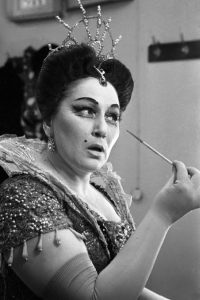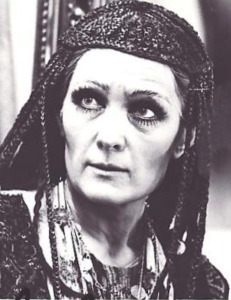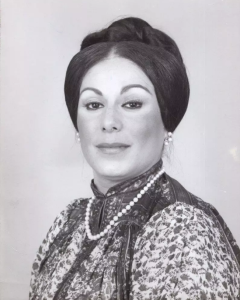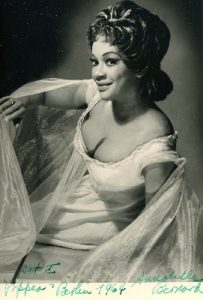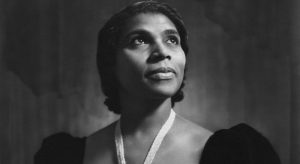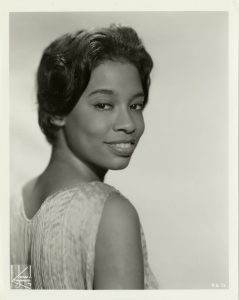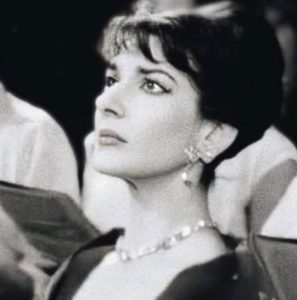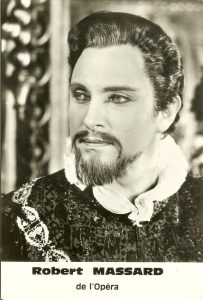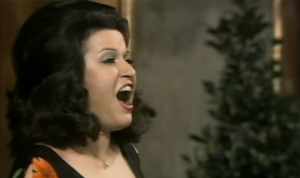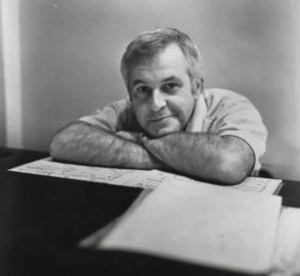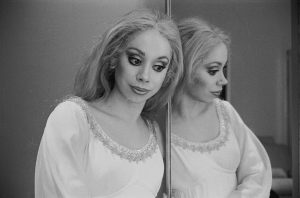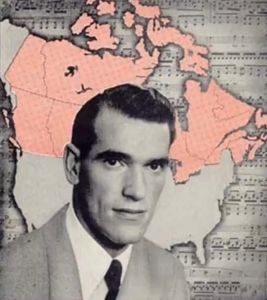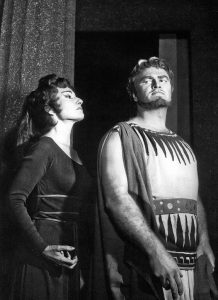Podcast: Play in new window | Download (Duration: 1:37:33 — 113.2MB) | Embed
Subscribe: Spotify | TuneIn | RSS | More
Directly after the disastrous November election in the United States, I compiled a setlist for two episodes self-explanitorially entitled “Mezzos on the Verge” and “Mezzos in Extremis.” One of the featured singers was the great Russian mezzo-soprano Irina Arkhipova, whose 100th birthday on January 2 of this year was one of the few positive things to happen in January! I happened to have a number of LPs featuring Arkhipova, and this episode features material from a number of those records, plus a CD reissue from a few years back entitled “The Art of Irina Arkhipova,” which features the 1970 recording of Mussorgsky and Rachmaninov songs that the singer made in Moscow with my teacher John Wustman while they were judges in that year’s Tchaikovsky Competition. Arkhipova is also featured in songs by Tchaikovsky; Russian opera arias by Rimsky-Korsakov and Mussorgsky; and selections from both Carmen and Il Trovatore, which feature tenors Zurab Andzhaparidzye and Vladislav Piavko, the latter of whom was also Arkhipova’s protégé (and later husband).
Countermelody is a podcast devoted to the glory and the power of the human voice raised in song. Singer and vocal aficionado Daniel Gundlach explores great singers of the past and present focusing in particular on those who are less well-remembered today than they should be. Daniel’s lifetime in music as a professional countertenor, pianist, vocal coach, voice teacher, and journalist yields an exciting array of anecdotes, impressions, and “inside stories.” At Countermelody’s core is the celebration of great singers of all stripes, their instruments, and the connection they make to the words they sing. By clicking on the following link (https://linktr.ee/CountermelodyPodcast) you can find the dedicated Countermelody website which contains additional content including artist photos and episode setlists. The link will also take you to Countermelody’s Patreon page, where you can pledge your monthly or yearly support at whatever level you can afford.
